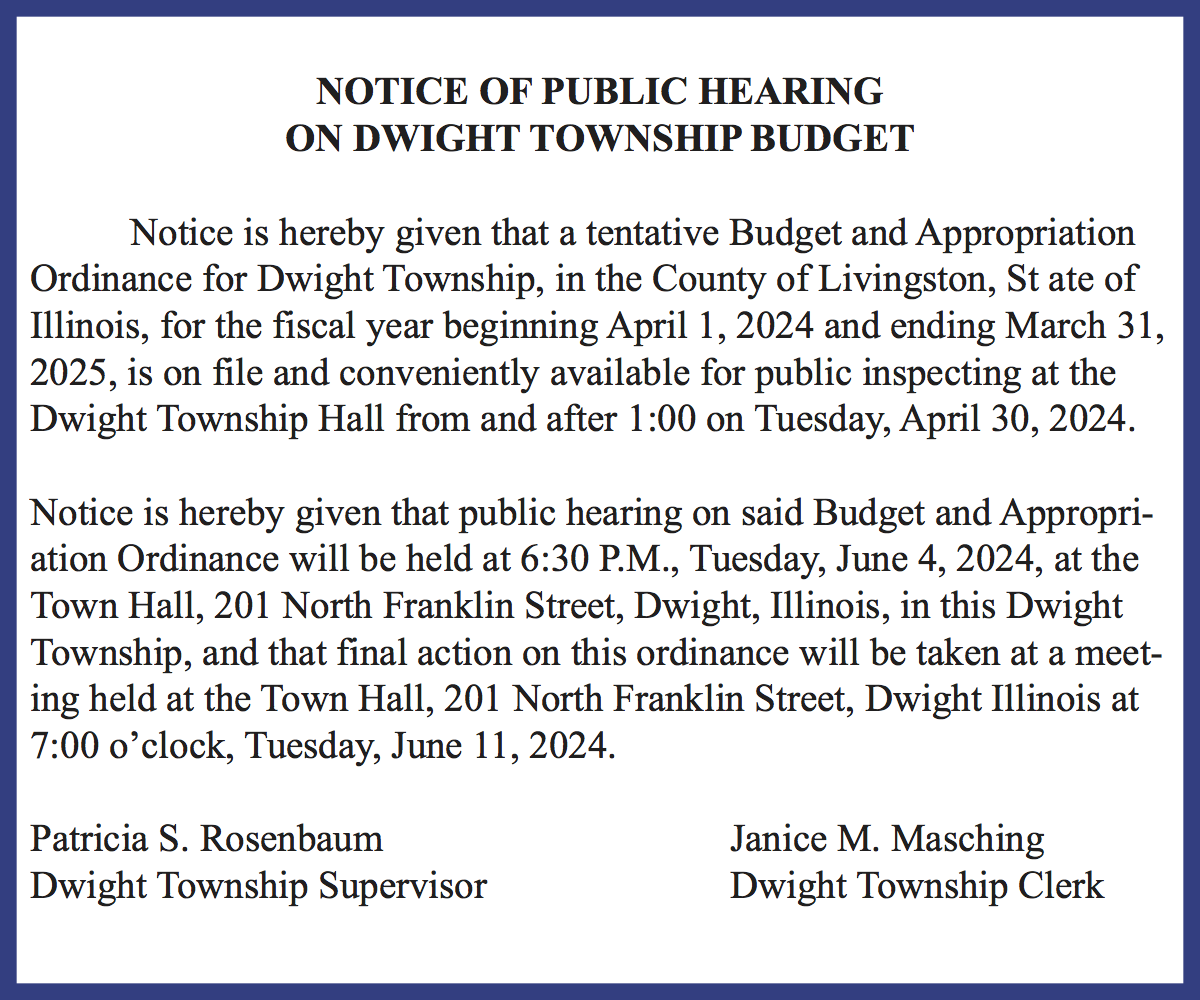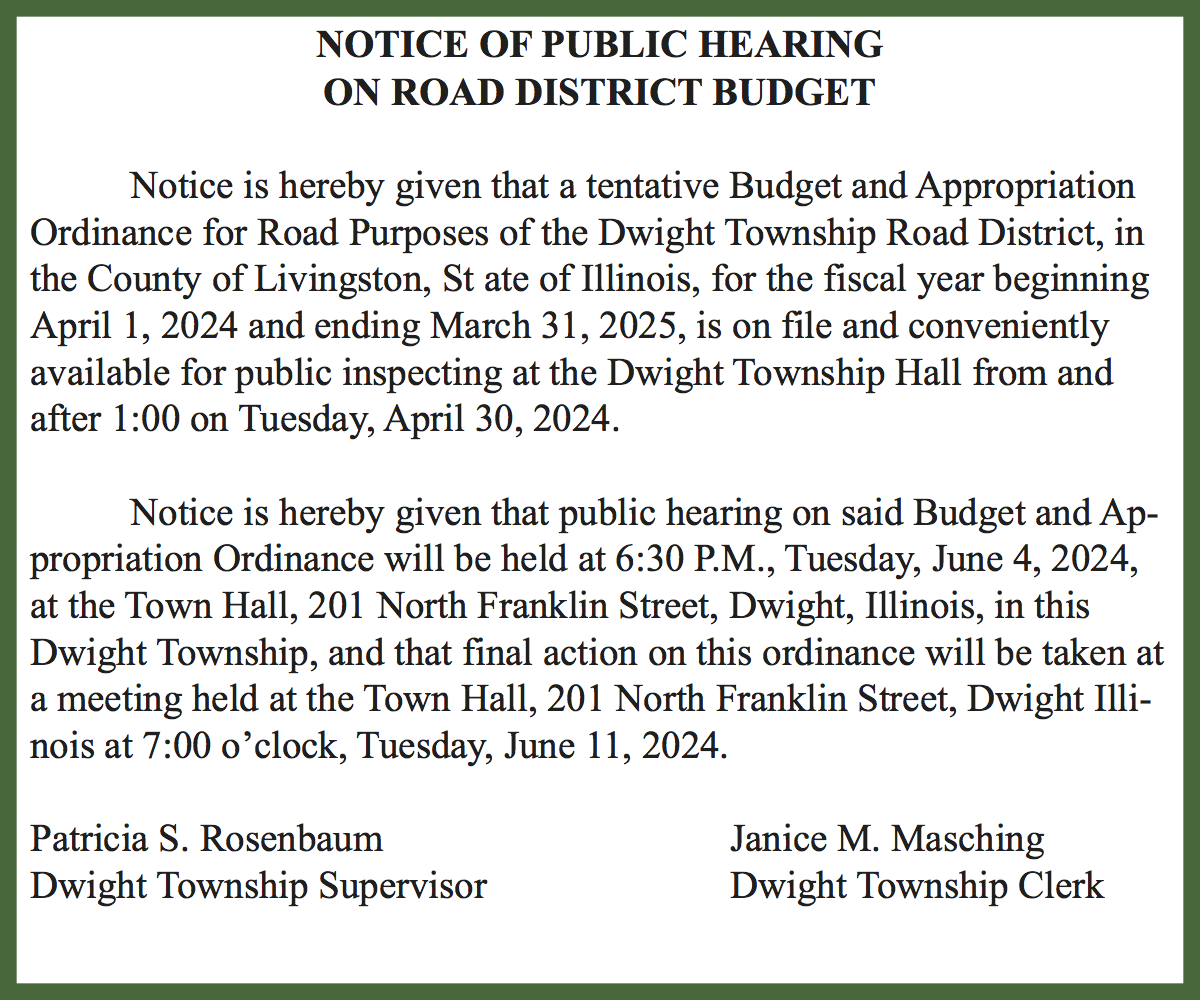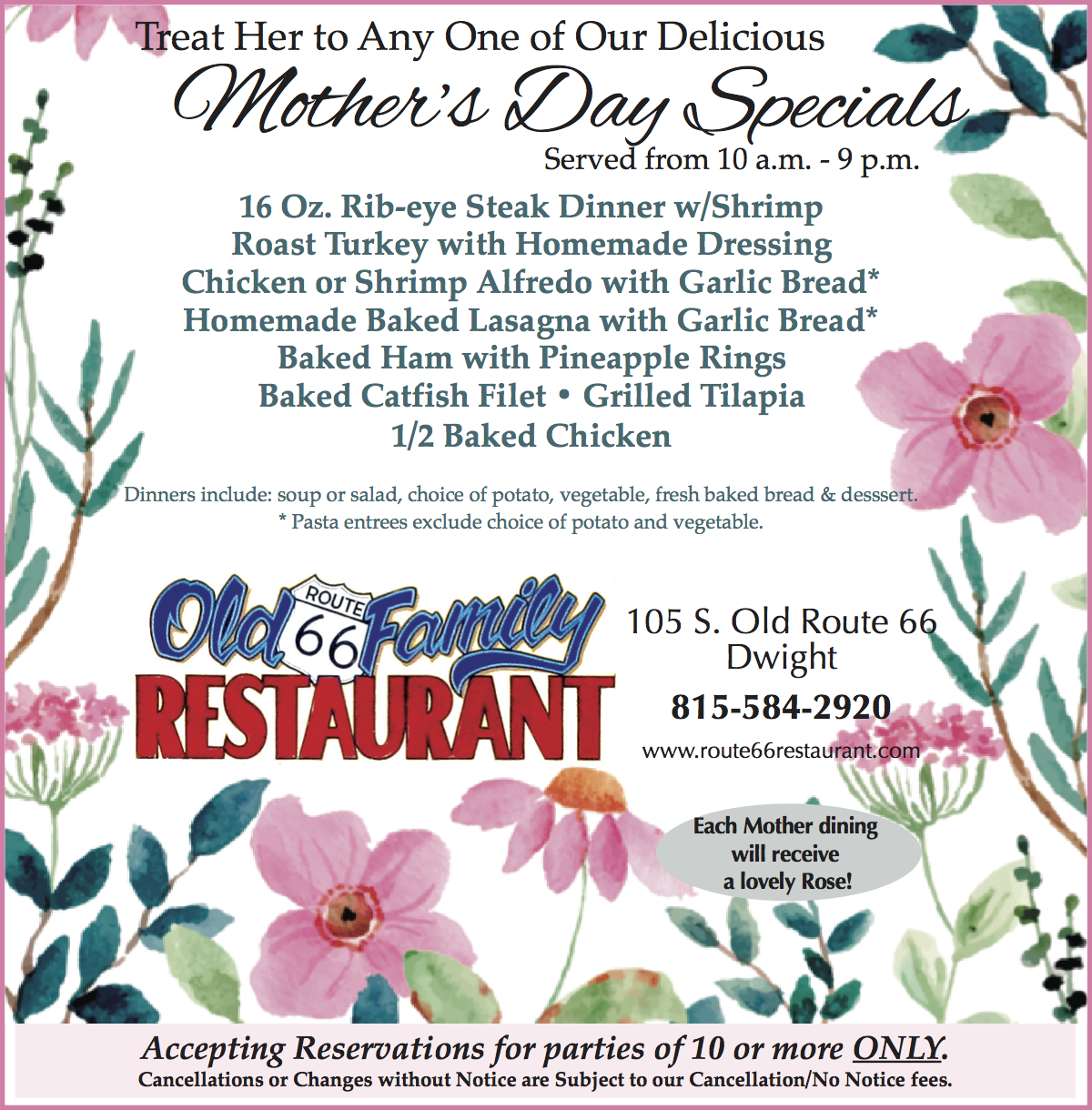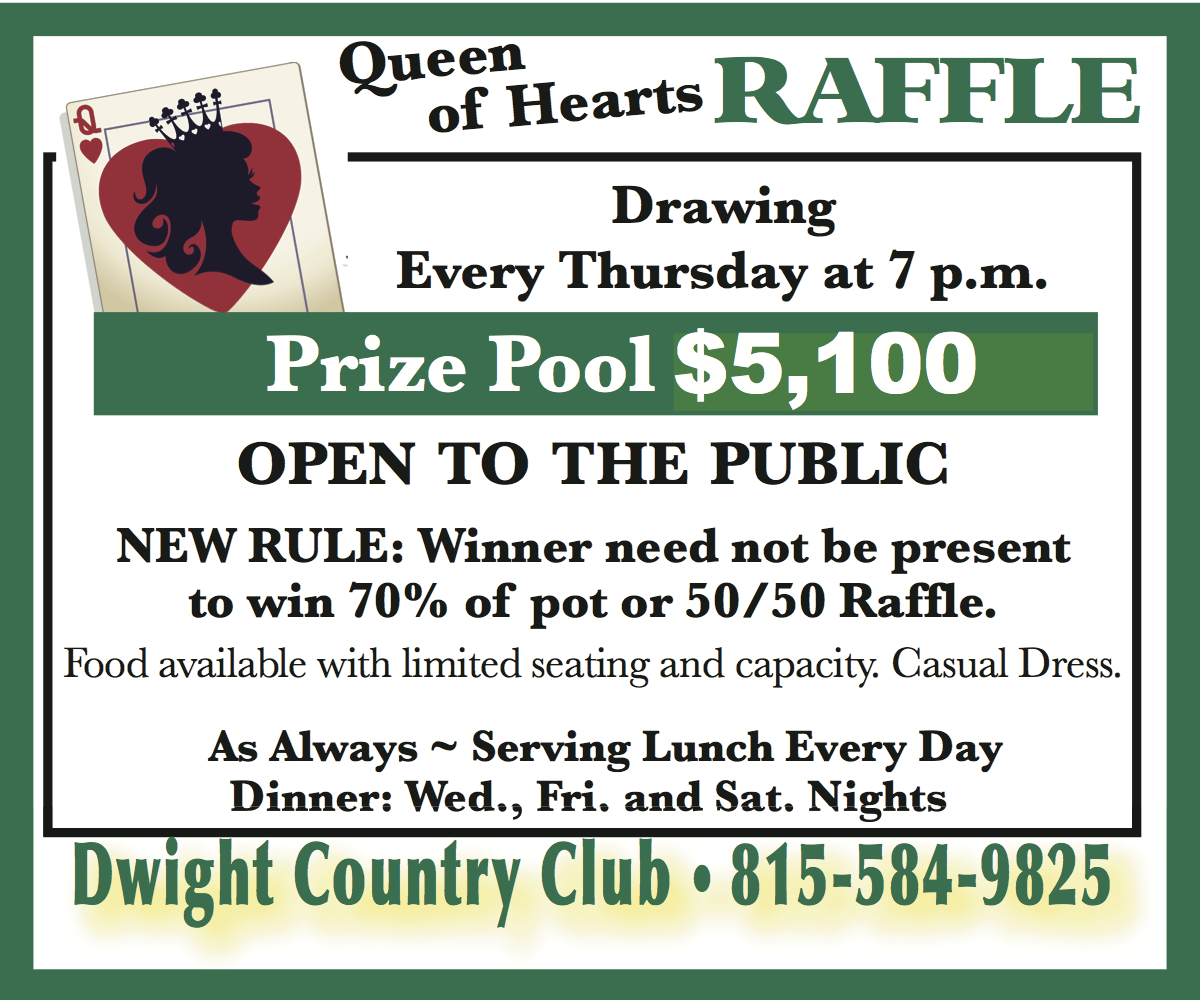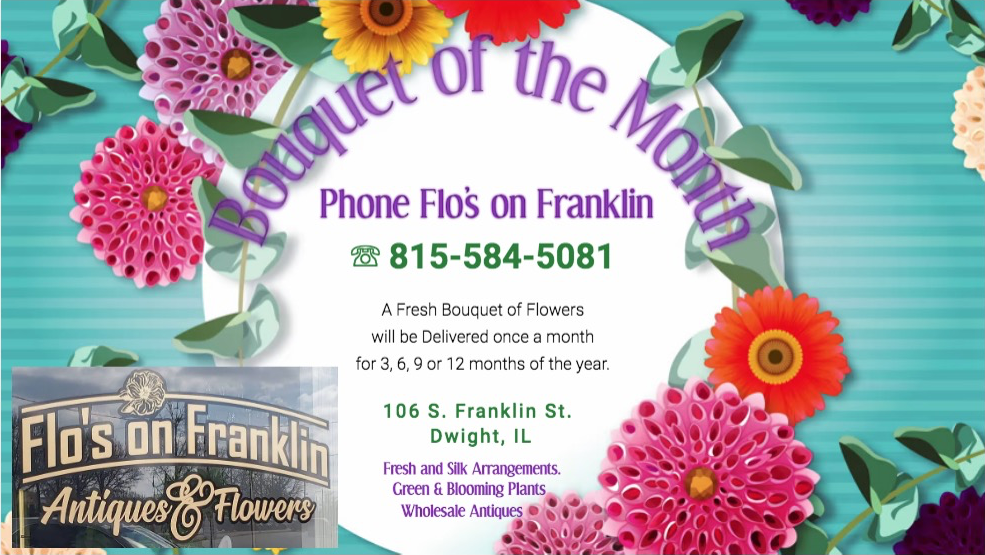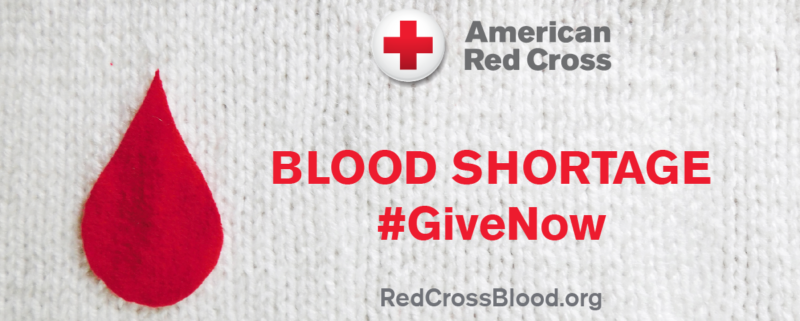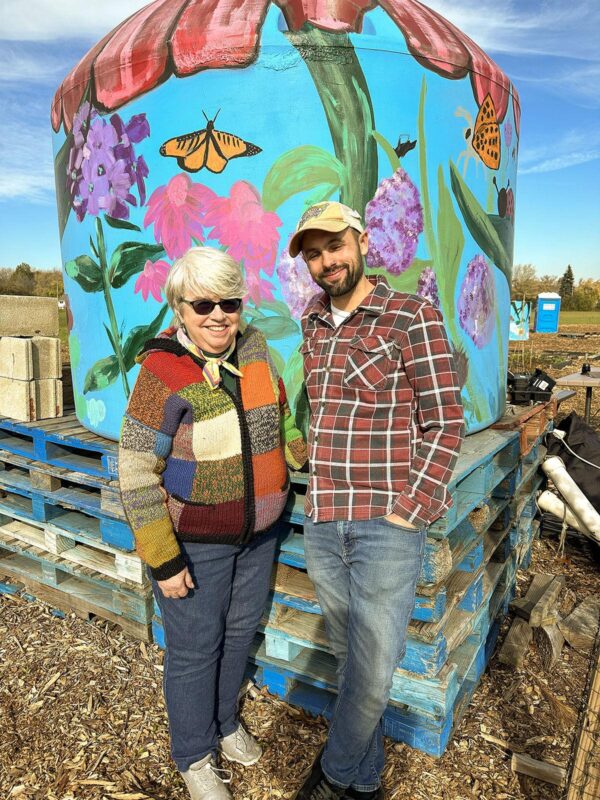
By ALI PRESTON
FarmWeek
Ellen Ewing doesn’t consider herself a farmer or even an agriculturalist. But her interest in food and nutrition as well as a personal mission to help others has her elbow-deep in soil.
After reading an article titled “From Battlefields to Farm Fields” and seeing how horticulture therapy had positively impacted her oldest son’s life, Ewing set out to fill a big gap: A need for community for veterans and food scarcity in North Chicago.
**Editor’s Note: If you find the story above of value, consider clicking one of the Google ads embedded in the story. It costs you nothing but Google will give the website owner a few cents. This is a way to help support local news at no cost to the reader.
In 2016, she became the founding president of Growing Healthy Veterans — a nonprofit that engages active and retired military members in therapeutic horticulture and service to the community.
The work began years before that, though, when Ewing’s oldest son found solace and therapy in horticulture. Living in an environmental community with its own farm and community garden, Ewing said her son, Lukan Paulus, began working in the garden.
A few community garden projects later, Paulus had certifications in sustainable agriculture from College of Lake County and in horticultural therapy at the Chicago Botanical Garden.
Through one project, Ewing and Paulus became connected with a master gardener and decided they wanted to do similar work as a nonprofit.
Recalling the “From Battlefields to Farm Fields” article, Ewing said it “focused on how veterans are very suited to agriculture because of their training as veterans, but also a lot of them come from farms and so we decided that that’s what we would do.”
Growing Healthy Veterans (formerly Growing Healthy People) was formed by Paulus and Air Force veteran Marshall Fox.
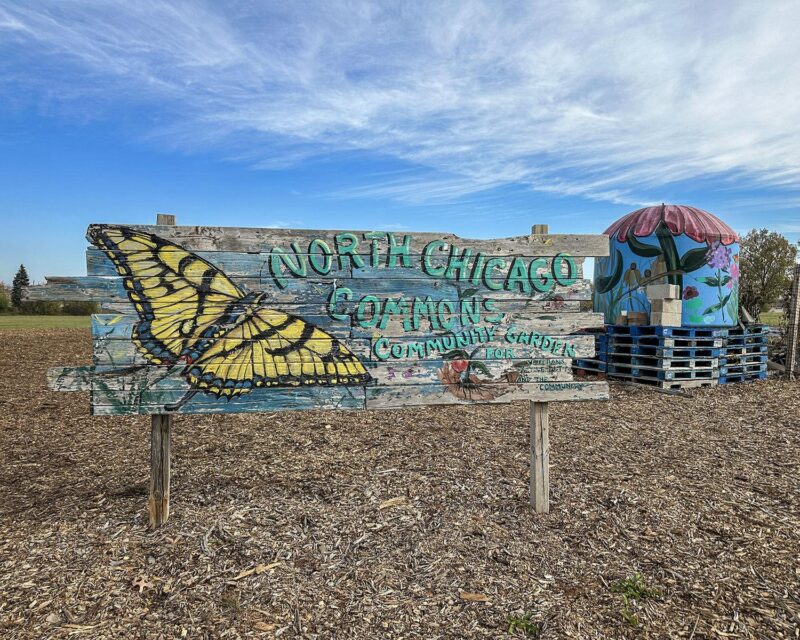
After two successful years of growing at the Prairie Crossing Community Garden in Grayslake, the North Chicago mayor offered Growing Healthy Veterans use of part of a 14-acre city-owned property, creating the North Chicago Community Garden.
By fall 2018, 33 veterans had participated in the program and distributed more than 1,000 pounds of produce to families, residents and local food pantries, but the impact went beyond that. Ewing had helped create a community for United States veterans.
“There are proven studies that horticulture therapy really benefits veterans with post-traumatic stress disorder or moral injury and people with depression,” she said. “Also, you’re growing for a veteran. You’re creating life and seeing it grow as opposed to what they’ve been involved with, unfortunately, before they came back.”
But Ewing said additional benefits have been discovered.
“They can talk to each other and form a community, which they haven’t been able to do,” she said. “Even bigger is that they are back serving their country because North Chicago is one of the biggest food deserts in Illinois.”
Ewing said it’s hard to describe what it feels like to have a participating veteran share “they probably wouldn’t be here today if it weren’t for our program,” but she said there’s nothing else she’d rather be doing than dedicating her time to help others.
The North Chicago Community Garden also helps Ewing stay connected to Paulus, who passed away two years ago.
**Editor’s Note: If you find the story above of value, consider clicking one of the Google ads embedded in the story. It costs you nothing but Google will give the website owner a few cents. This is a way to help support local news at no cost to the reader.
“This was his dream, so being here makes me closer to him,” she said.
And her legacy is to continue Paulus’ work.
“One of the things that we are saying over and over now is that we want to turn North Chicago from being a food desert to being a food beacon. I would love my legacy to be that cities all over the country recognize the extreme value for getting veterans involved in urban agriculture, helping to feed people,” she said.
While she works to curb food deserts, she’s already leaving a mark on those around her.
“In so many ways, she does way too much. She’s a good example of what you can do if you really have your mind set to something,” said Calvin Piktel, Growing Healthy Veterans operations manager. “I feel very, very fortunate to be able to work with her and learn everything that she has to know. And she just inspires me every day.”
Editor’s note: This story is part of the Cultivating Our Communities campaign, a collaboration by Lt. Gov. Juliana Stratton, Illinois Farm Bureau and the Illinois Specialty Growers Association to showcase Illinois’ diverse farmers.
This story was distributed through a cooperative project between Illinois Farm Bureau and the Illinois Press Association. For more food and farming news, visit FarmWeekNow.com.
**Editor’s Note: If you find the story above of value, consider clicking one of the Google ads embedded in the story. It costs you nothing but Google will give the website owner a few cents. This is a way to help support local news at no cost to the reader.






